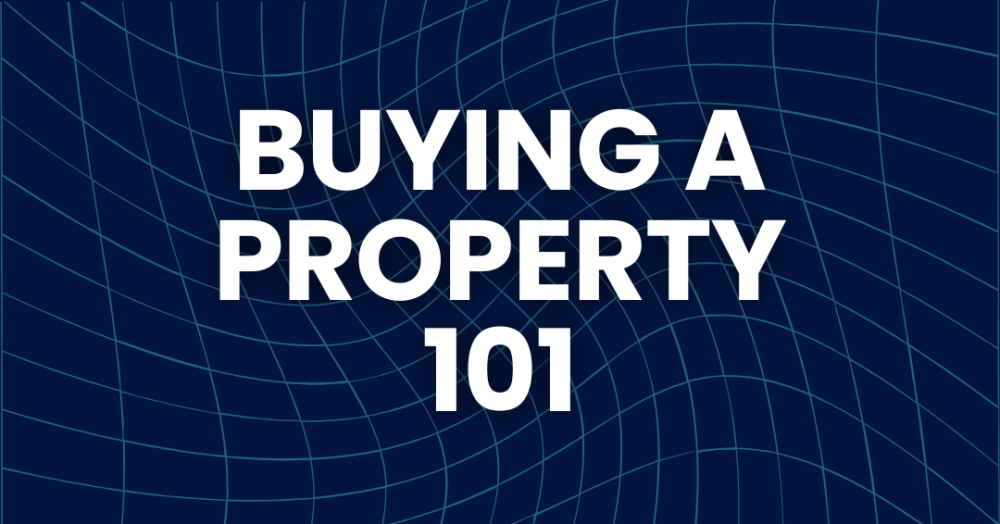The property-buying process can be complex especially for first-time buyers. Involving everything from securing finances to exchanging contracts and, finally, moving in. Here’s a step-by-step guide to help you understand the full process of purchasing a property in the UK.
Step 1: Determine Your Budget and Financial Readiness
Before diving into the property market, it’s crucial to establish a budget based on your financial situation. This includes calculating what you can afford for a deposit, mortgage payments, and additional fees. In the UK, most mortgages require a deposit of at least 5-10% of the property’s value. Here’s what you’ll need to consider:
- Deposit: The typical deposit ranges from 5% to 20%.
- Stamp Duty: Buyers in England and Northern Ireland may pay Stamp Duty, a tax based on the property’s price. Scotland and Wales have similar taxes called LBTT and LTT, respectively.
- Mortgage Costs: Speak with a mortgage advisor to understand what mortgage products you qualify for.
- Other Costs: Factor in legal fees, survey fees, and moving costs. It’s wise to have a financial buffer for unexpected expenses.
Step 2: Obtain a Mortgage Agreement in Principle
Once you have a rough idea of your budget, it’s time to approach lenders for a Mortgage Agreement in Principle (AIP). This is a provisional offer from a lender indicating how much they’re willing to lend you based on your financial profile. An AIP is valuable because:
- It confirms to sellers that you’re a serious buyer.
- It sets clear budget boundaries.
- It allows you to move quickly when you find the right property.
Step 3: Search for the Right Property
With an AIP in hand, you can begin your property search in earnest. Use online platforms like
Rightmove, Zoopla, OnTheMarket and the Mecs Website to browse listings. Decide on the location and type of property you’re interested in, and consider factors like proximity to schools, transport links, and local amenities.
When viewing properties, take detailed notes and consider bringing a checklist to assess each property against your needs and wants. If possible, revisit properties at different times of the day to get a better feel for the neighbourhood.
Step 4: Make an Offer
Once you’ve found a property that feels right, it’s time to make an offer. In the UK, property prices are often negotiable, so you can offer below the asking price. Submit your offer through the estate agent handling the property, and remember:
- Your offer can be conditional on aspects such as the property passing specific surveys or the sale proceeding within a particular timeframe.
- Once the offer is accepted, it’s still not legally binding in the UK until contracts are exchanged, so there’s flexibility for both parties to back out.
Step 5: Arrange for a Solicitor or Conveyancer
After your offer is accepted, you’ll need to hire a solicitor or licensed conveyancer. They handle the legal aspects of the property purchase, including searches, contracts, and liaising with the seller’s solicitor. Typically, your solicitor will handle:
- Local Authority Searches: To check for any planning or local issues that might affect the property.
- Property Title Checks: Ensuring the seller has legal rights to sell and that there are no restrictions on the property.
Step 6: Conduct Surveys and Valuations
While not mandatory, conducting a property survey is highly recommended to understand the condition of the building and any potential issues. Surveys range from basic condition reports to full structural surveys:
- Mortgage Valuation: Required by your lender to confirm the property’s value.
- Homebuyer Report: Mid-range survey, identifying visible issues.
- Building Survey: Comprehensive survey for older properties or those with significant structural issues.
A good survey helps you avoid costly surprises and can be a basis for negotiating the price if major repairs are required.
Step 7: Secure Your Mortgage Offer
Once the valuation is complete and the survey results are satisfactory, you’ll need to finalise your mortgage. After reviewing the valuation, the lender will issue a Mortgage Offer, confirming the loan amount and terms. It’s essential to review this carefully, as it is a legally binding offer.
Step 8: Exchange Contracts
Exchanging contracts is a critical milestone in the UK property-buying process, as it makes the sale legally binding. Here’s what happens:
- Both parties sign the contracts.
- You’ll pay the deposit (usually 10%) at this stage.
- The exchange sets the completion date when ownership will transfer to you.
From this point, neither party can back out without significant financial penalties. The completion date is often a few weeks after the exchange.
Step 9: Completion
On the agreed completion date, the remaining balance of the purchase price is transferred to the seller’s solicitor. Once the payment is confirmed, you’ll receive the keys to your new home. The property is now officially yours!
Your solicitor will handle the final tasks, such as:
- Registering the property in your name with HM Land Registry.
- Paying Stamp Duty (if applicable).
- Forwarding any essential documents.
Step 10: Moving In
Now that you own the property, it’s time to plan your move. Whether you’re hiring movers or handling it yourself, try to organise everything to make the transition as smooth as possible. Inform utility providers, banks, and other relevant parties of your change of address and consider taking out home insurance.
Final Thoughts
Buying property in the UK is a multi-step process that requires financial readiness, patience, and attention to detail. By following each stage and seeking advice when needed, you can navigate the property-buying process smoothly and make a confident investment in your new home. Would you like to work with an Estate agent with over a decade of experience who will guide you through each step? You have come to the right place, Get in contact through the number below or alternatively fill out your details on form on the right.
0121 681 6327
